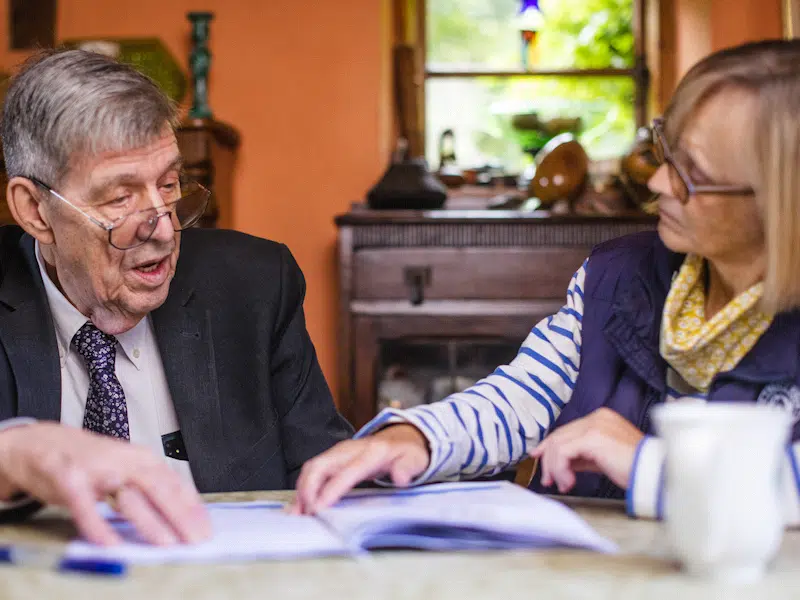Call now: office 0161 526 6262 / mobile 07757 546 893


When someone dies and has left a Will, their property, money and possessions (known as their assets or estate) must be dispersed according to their instructions.
The process of proving that a will is valid and confirming who has authority to administer the estate of the person who has died is called probate.
In England and Wales, probate is usually needed when the deceased owned property or significant assets in their sole name.
A person named in a Will as being responsible for dealing with the estate is known as an executor.
A Grant of Probate (or, if someone dies intestate, a Letter of Administration) gives the executor/s the legal right to deal with the estate.
Probate is administered by Court of Probate, local offices for which can be found in all local authorities.
You can apply for probate yourself online or by post. This can be cheaper than paying a probate practitioner (such as a solicitor) to apply for you.
Guidance on using a probate practitioner is available online. However, unless you can commit considerable time to the process, it is recommended that you instruct a specialist.
To put it another way: How much money can someone leave before probate is required?
The probate threshold in England and Wales can be anwhere between £5,000 and £50,000. This is because every bank and financial organisation has their own rules on how much money they can release before seeing a grant of probate.
No. Certain Trusts, bequests to spouses and bequests to charities are exempt. It’s important to know what is exempt and therefore advisable to obtain professional support.
Without the authority of probate, nothing can legally be done with the assets.
It is therefore not possible to close down bank accounts, sell or transfe property, transfer pensions or cash in other investments.
Essentially, the assets will remain in limbo and the beneficiaries will not be able to receive their inheritance.
Wollaston Associates
62c Gillbent Road
Cheadle Hulme
SK8 6NB
Contact us
Office: 0161 526 6262
Mobile: 07757 546893
martin@wollastonassociates.expert
Cookie and privacy policies
Original photos & video by Raymond Jones Images
© 2023-2024 Wollaston Associates
Website by DoodlyDog